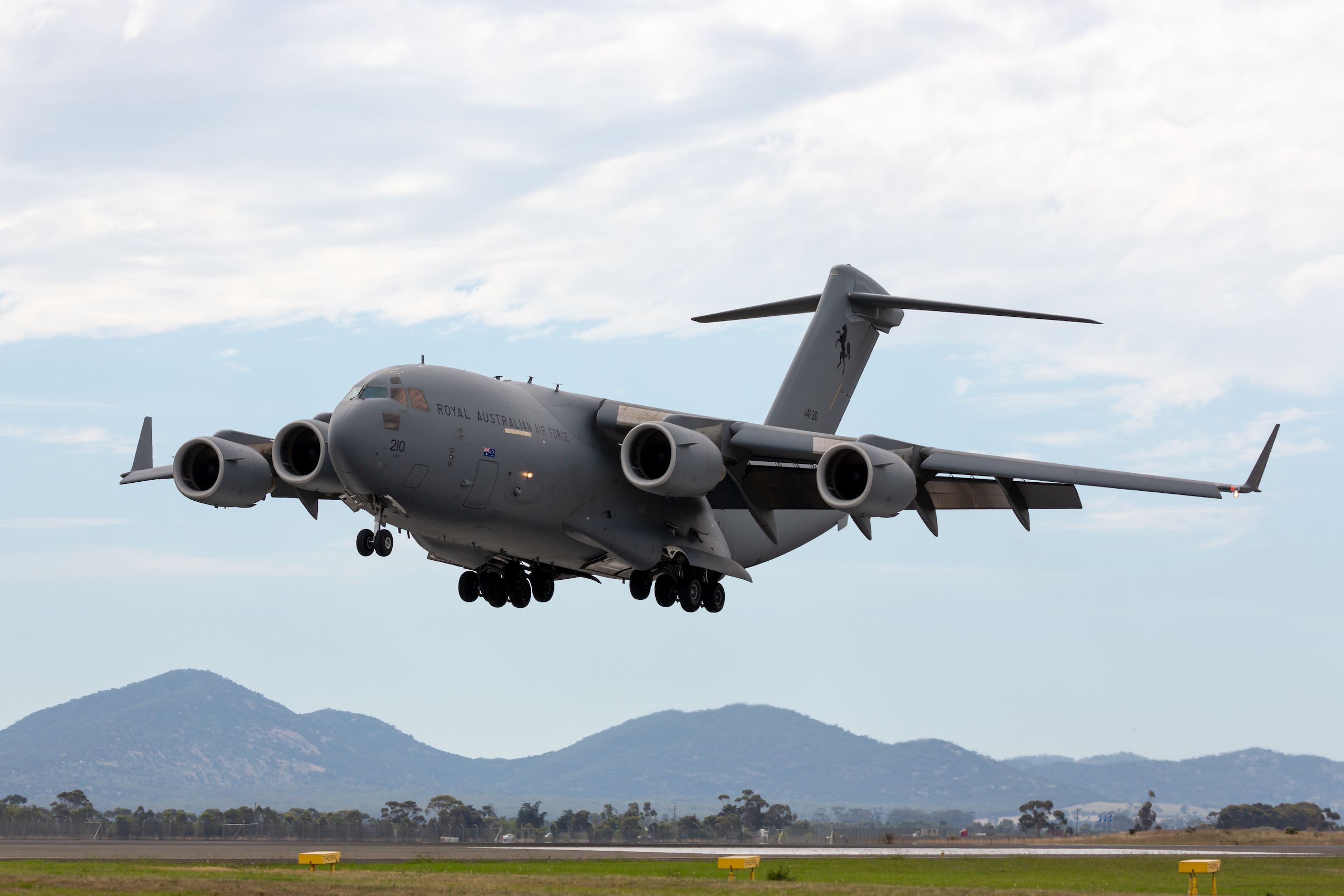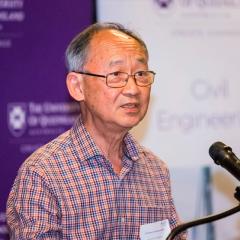Original story posted on: https://stories.uq.edu.au/research/2023/is-queensland-defence-smart/index.html
Queensland is well-placed to develop the next generation of defence capabilities, including artificial intelligence, hypersonics, and quantum technologies, according to an expert panel hosted by The University of Queensland.
UQ hosted Is Queensland Defence Smart? Linking Strategy, Capability and Innovation at The Atrium in Brisbane's CBD on 6 September, 2023.
The successful event heard expert analysis from UQ Associate Professor Andrew Phillips, retired major general of the Australian Defence Force Mick Ryan, and director of the Queensland Defence Science Alliance Stu Blackwell. UQ Associate Director Defence, Space & National Security Dr Greta Nabbs-Keller chaired the event.
Cognisant that Queensland has natural advantages in its strategic geography and substantive ADF presence the panel further considered what factors would enable Queensland to be a stronger player in national defence. It also pondered the implications of a conflict for Queensland given our importance as a regional training and logistics hub.
"Warfare doesn't begin with the first shots fired," explained Mr Ryan.
"There's psychological, electronic and cyber warfare first, along a spectrum of competition.
"The entire training education environment and the learning approaches have to be transformed for this new environment (of advanced technologies). Universities have such a big role to play."

Mick Ryan, UQ Associate Professor Andrew Phillips,
QDSA director Stu Blackwell, and panel chair
UQ Associate Director Defence,
Space & National Security Dr Greta Nabbs-Keller.
Associate Professor Phillips said he was proud to help "create change" at UQ through closer partnerships with Defence.
"One of the challenges we've had as a sector is the failure to recognise that universities provide a major strategic asset to Australia – it is our largest non-mineral export," he said.
"UQ has had extraordinary long-standing success in contributing to the kind of next-gen capabilities that we're going to need."
UQ is well-placed to support this process, though more could be done at a tertiary level, Associate Professor Phillips added.
"We need to get as many of our graduates into the national intelligence community as possible," he said.

Globemaster III Large military cargo aircraft operated by
36 Squadron based at RAAF Amberley, Queensland.
Image: Adobe Stock/Ryan
In April 2023, the Federal Government released the long-anticipated Defence Strategic Review that recommended had 6 "focus areas" requiring immediate action. They were:
- Acquisition of nuclear-powered submarines through AUKUS to improve deterrence capabilities.
- Developing the Australian Defence Force’s (ADF) ability to precisely strike targets at longer range and manufacture munitions in Australia.
- Initiatives to improve the growth and retention of a highly skilled Defence workforce.
- Lifting capacity to rapidly translate disruptive new technologies into ADF capability, in close partnership with Australian industry.
- Deepening of diplomatic and defence partnerships with key partners in the Indo-Pacific.
- Improving the ADF’s ability to operate from Australia’s northern bases. The Queensland Defence Science Alliance, led by its director Mr Blackwell, concluded that improving Australia's ability to operate from northern bases is a key priority because it will allow ADF to deploy its troops much faster.
The Queensland Defence Science Alliance (QDSA), led by its director Mr Blackwell, concluded that improving Australia's ability to operate from northern bases in Queensland and the NT, is a key priority because it will allow ADF to deploy its troops much faster.
Mr Blackwell also noted that improving the pathway of new technologies from good concepts found in Australia’s universities, through to developing proof of concepts is vital for the ADF to gain the asymmetric advantage. In Queensland, we have an amazing depth of capability and QDSA is focussed on helping support proof of concepts through to prototypes so that we can help to solve some of the ADF’s future challenges.
The panel concluded that Queensland was well-placed to shape the next generation of defence capabilities. However, in order for Queensland to maximise its comparative advantages, much closer coordination was needed across the defence policy, industry and research communities.



